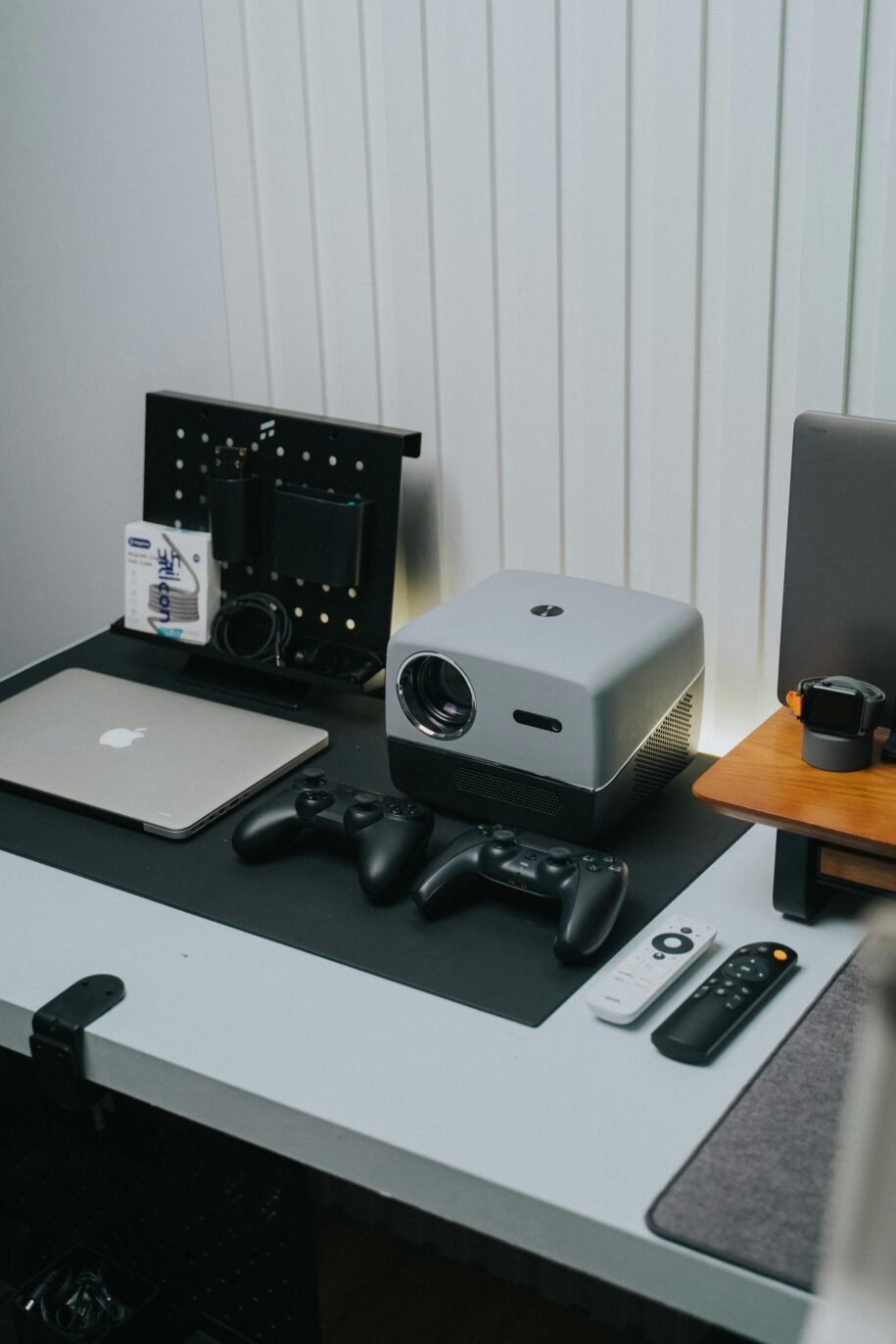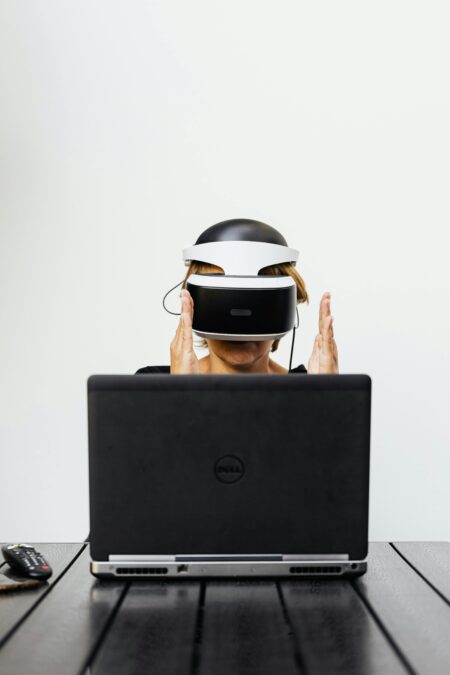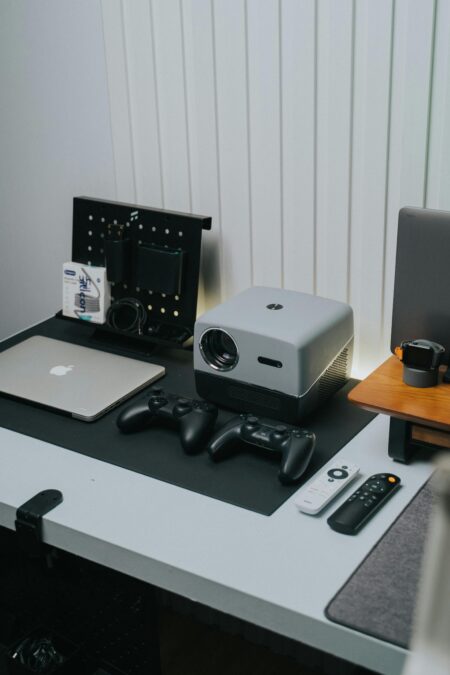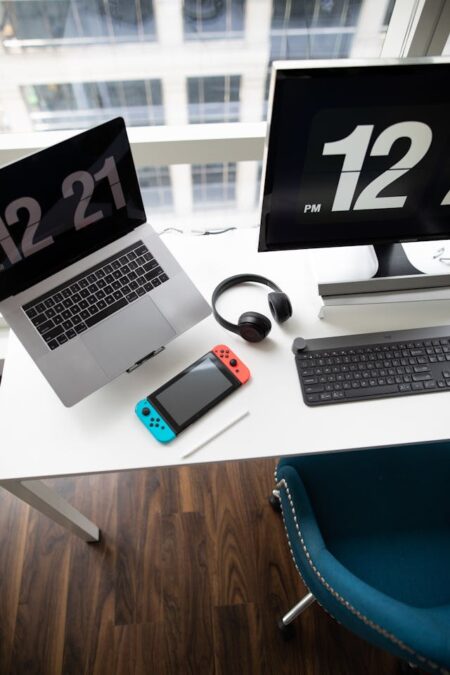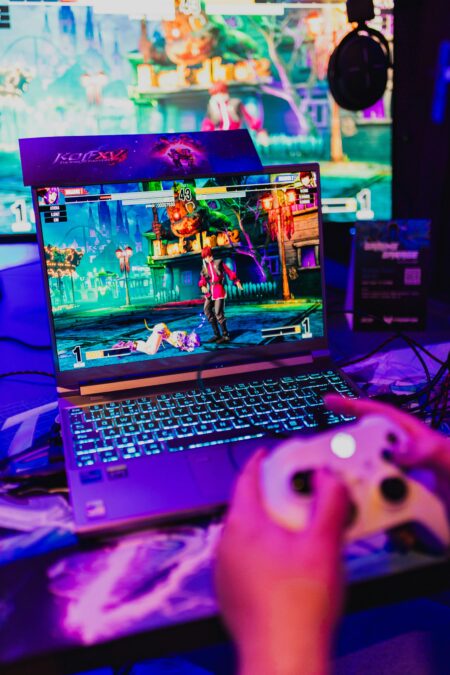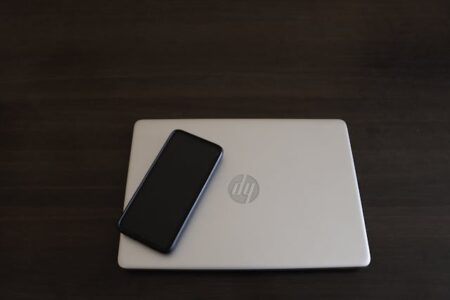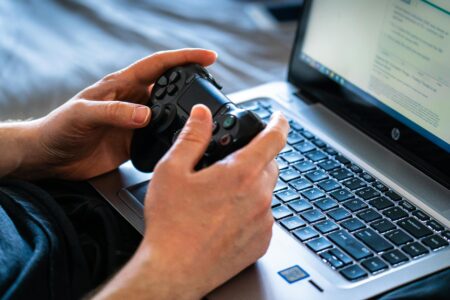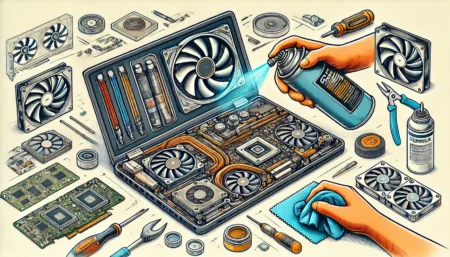Gaming laptops are designed to handle high-performance tasks, from running the latest video games at ultra settings to performing resource-intensive professional work. However, it’s frustrating when your gaming laptop, which is built to handle demanding software, starts to feel sluggish. If you’re wondering, “Why is my gaming laptop so slow?” you’re not alone. Many gamers and professionals experience performance issues with their gaming laptops over time, and these slowdowns can occur for various reasons.
In this article, we’ll explore the common causes of a slow gaming laptop, potential solutions to speed it up, and tips for preventing future performance issues.
1. Overheating and Thermal Throttling
Cause:
One of the most common reasons your gaming laptop may be running slow is overheating. Gaming laptops are designed to run powerful hardware, but when the components get too hot, the system may automatically throttle performance to prevent damage. This process, known as thermal throttling, reduces the CPU and GPU speed to lower the temperature, resulting in slower performance.
Solution:
- Clean Your Cooling System: Dust accumulation in the fans and vents can obstruct airflow, causing the laptop to overheat. Clean the vents and cooling system regularly to maintain proper airflow.
- Use a Cooling Pad: A cooling pad is an external device that provides additional airflow to your laptop, helping to keep it cool during intense gaming or work sessions.
- Elevate the Laptop: Elevating the rear of the laptop helps improve air circulation underneath the device, potentially lowering temperatures.
- Repasting the Thermal Paste: Over time, the thermal paste between the CPU/GPU and the heat sink can dry out or degrade, reducing its ability to transfer heat. Reapplying fresh thermal paste can improve cooling performance.
2. Background Processes and Bloatware
Cause:
Background processes and unnecessary software running on your laptop can consume system resources like CPU, RAM, and disk space, causing your laptop to slow down. Many gaming laptops come pre-installed with bloatware—unnecessary software that you may not need, which takes up precious system resources.
Solution:
- Close Unnecessary Processes: Use the Task Manager (Ctrl + Shift + Esc) to monitor and close background processes that are taking up significant system resources. Disable startup programs that automatically run when you turn on the laptop.
- Uninstall Bloatware: Go to your control panel and uninstall any software you don’t use or need. Some gaming laptop manufacturers preload programs that aren’t essential for gaming or productivity.
- Check for Malware: Malware or unwanted programs can also hog system resources. Run a full antivirus scan to check for infections that may be contributing to system slowdowns.
3. Outdated Drivers and Software
Cause:
Outdated drivers, particularly for your graphics card, processor, or chipset, can lead to poor performance. Gaming laptops rely heavily on the latest drivers to function optimally, especially when running graphics-intensive applications. If the drivers are outdated, it can result in crashes, stuttering, or low frame rates during gameplay.
Solution:
- Update Graphics Drivers: Ensure your GPU drivers are up to date by visiting the manufacturer’s website (NVIDIA, AMD) or using the built-in software (like GeForce Experience for NVIDIA cards) to check for the latest updates.
- Update System Drivers: Similarly, make sure your motherboard, storage, and networking drivers are up to date. You can visit the laptop manufacturer’s website or use tools like Driver Booster to automatically update outdated drivers.
- Update Windows: Running an outdated version of Windows can also contribute to a slow laptop. Check for Windows updates regularly to ensure your operating system is up to date with the latest performance improvements and security patches.
4. Low Storage Space or Fragmented Hard Drive
Cause:
If your laptop’s hard drive or SSD is nearly full, it can slow down the overall system performance. A lack of storage space forces the operating system to work harder, and if you’re using a traditional HDD (Hard Disk Drive), fragmented files can further degrade performance.
Solution:
- Free Up Space: Remove old files, uninstall unused programs, and clear your browser cache to free up storage space. You can also use disk cleanup tools built into Windows to clear temporary files and system junk.
- Upgrade to an SSD: If you’re using an HDD, upgrading to an SSD (Solid State Drive) can significantly improve your laptop’s performance. SSDs are much faster than traditional hard drives, leading to faster boot times, load times, and file transfers.
- Defragment Your Hard Drive: If you still use an HDD, defragmenting your hard drive can improve read/write speeds. Windows has a built-in tool to defragment and optimize your hard drive (for HDDs only).
5. Too Many Running Programs and Tabs
Cause:
Gaming laptops are built for high performance, but they can still be bogged down if too many applications or browser tabs are open. Each active program consumes system resources, and when you’re running a game or intensive application, the laptop’s resources may be stretched thin, leading to slowdowns.
Solution:
- Close Unnecessary Programs: Before starting a game or resource-heavy application, close any unnecessary programs, including web browsers with many open tabs. Web browsers, especially Chrome, are notorious for consuming a lot of memory, even with a few tabs open.
- Use Task Manager to Monitor Resource Usage: Open Task Manager to identify which programs are using the most CPU, memory, and disk space. Consider removing or disabling those that are unnecessary during high-performance tasks.
6. Power Settings and Battery Performance
Cause:
If your laptop is plugged in but set to a power-saving mode, it may limit its performance to conserve energy. This can result in slower performance, especially during gaming or demanding tasks. Additionally, if you’re running on battery, the system might throttle performance to extend battery life.
Solution:
- Adjust Power Settings: Go to the Windows power settings and ensure your laptop is set to “High Performance” mode when plugged in. This will allow the CPU and GPU to run at their maximum potential, rather than being throttled to save power.
- Disable Battery Saver Mode: If you’re on battery power and don’t need to conserve it, turn off battery saver mode to allow the system to perform at full capacity.
- Plug In for Maximum Performance: For the best gaming experience, make sure your laptop is plugged in while gaming. Most gaming laptops perform better when connected to a power source, as it allows the system to run at full power.
7. Outdated or Incompatible Hardware
Cause:
Over time, the hardware in your gaming laptop may not be able to keep up with the latest games or software. This could include an older CPU, GPU, or insufficient RAM. Running modern games or applications on outdated hardware will result in poor performance and lag.
Solution:
- Upgrade Hardware: If your laptop supports it, consider upgrading the RAM or replacing the storage drive with a larger, faster SSD. Some gaming laptops allow for GPU upgrades as well, though this is less common. Check your laptop’s manual to see what components can be upgraded.
- Consider a New Laptop: If your laptop is several years old and the hardware is no longer sufficient for modern gaming or work tasks, it might be time to invest in a new laptop with more powerful components.
8. Software or OS Bugs and Glitches
Cause:
Sometimes, performance issues arise from software bugs or glitches in the operating system. Over time, corrupt files, registry errors, or other system issues can slow down your gaming laptop.
Solution:
- Run System Maintenance: Use Windows’ built-in troubleshooting tools to check for system issues. You can run the “System File Checker” (sfc /scannow) to scan and fix corrupted files.
- Reset or Reinstall Windows: If the slowdowns persist, you may want to consider resetting your laptop to factory settings or reinstalling Windows. This can help remove any deep-seated issues that might be slowing down your system.
9. Virus or Malware Infections
Cause:
Malware, spyware, and viruses can severely impact the performance of your gaming laptop. These malicious programs consume system resources, corrupt files, and slow down your system’s overall performance.
Solution:
- Run Antivirus Scans: Use a reputable antivirus program to scan for and remove any viruses or malware. It’s essential to keep your antivirus software up to date to protect against the latest threats.
- Install Anti-Malware Tools: Tools like Malwarebytes can help identify and remove malware that antivirus software might miss.
Conclusion: How to Speed Up Your Gaming Laptop
If your gaming laptop is feeling slow, there are numerous factors to consider, from overheating and background processes to outdated hardware and malware. By following the troubleshooting steps outlined in this article, you can identify the root cause of the issue and implement solutions to restore your laptop’s performance.
Start by cleaning the cooling system, updating drivers, freeing up storage, and closing unnecessary programs. For more severe issues, consider upgrading hardware or reinstalling your operating system. Regular maintenance, such as running antivirus scans, optimizing power settings, and avoiding bloatware, will also help keep your gaming laptop running smoothly for years to come.
Learn more:
